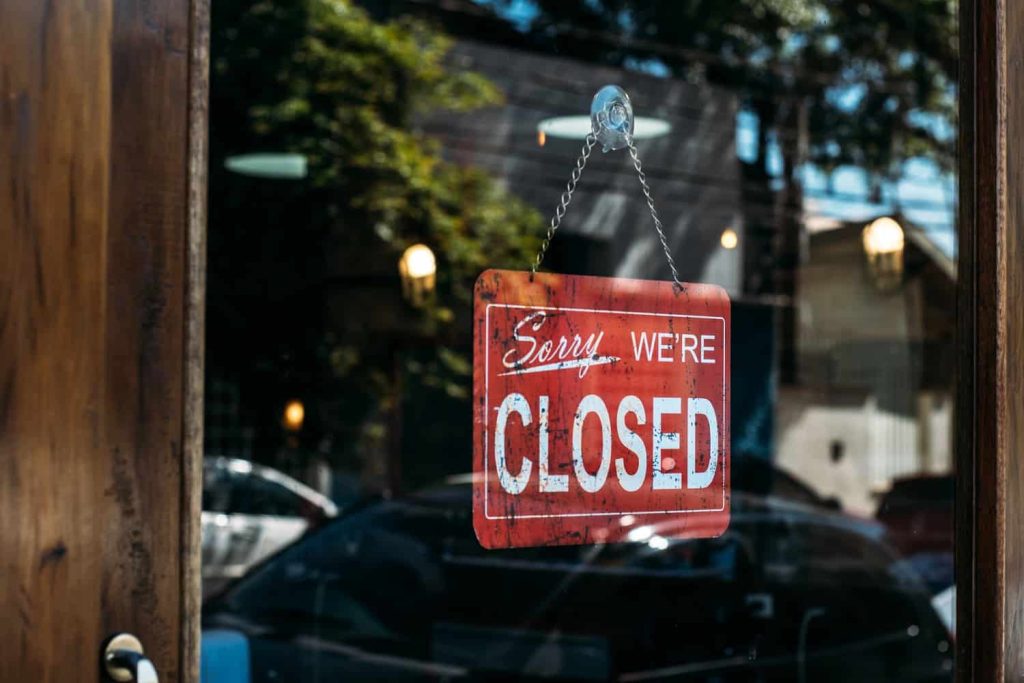This post originally appeared in the Foley Hoag newsletter.
___
On December 4, 2020, the SEC brought its first case charging a public company, The Cheesecake Factory, with making misleading disclosures about the effects of COVID-19 on its business operations and financial condition. The agency has made explicit since January that it is closely focused on this issue, and its settled action against The Cheesecake Factory, which agreed to pay a $125,000 penalty, signals that it will target issuers for failing to provide fulsome disclosure about the negative impacts of the pandemic.
Allegedly Misleading Disclosures
As alleged in the SEC’s Order, the company, which operates a chain of restaurants in the U.S. and abroad, began taking steps to conserve cash and strengthen liquidity in mid-March. These included sending a letter to its landlords stating that it would not pay rent for April due to the “severe decrease in restaurant traffic” resulting from COVID, which “has severely decreased our cash flow and inflicted a tremendous financial blow to our business,” and drawing down the remaining $90 million on its revolving line of credit.
By that point, the company was actively seeking additional liquidity from lenders or private equity investors, with the goal of raising $100 million. In presentations to both, it disclosed its cash position and projected that it only had enough cash to support approximately 16 weeks of operations. At the same time, internal company documents showed that it had a negative cash flow of $6 million per week. At the start of the second quarter on April 1, The Cheesecake Factory had approximately $65 million of cash and cash equivalents on hand.
On March 23, 2020, the company filed a Form 8-K, which disclosed that it was withdrawing prior financial guidance due to the pandemic, and attached a press release announcing that it was transitioning to an “off-premise model” (i.e., to-go and delivery service) that was “enabling the Company’s restaurants to operate sustainably at present under this current model.” (Emphasis added.) The release also disclosed that the company had taken the $90 million draw-down, had curtailed planned unit growth, and was “evaluating additional measures to further preserve financial stability.” Neither the 8-K nor the press release disclosed the landlord letters or the negative cash flow.
On March 25, the landlord letters were reported in the press. Two days later, The Cheesecake Factory filed another 8-K disclosing that it was not planning to pay its April rent, was “in various stages of discussions with its landlords regarding ongoing rent obligations,” had cut officer, director and employee compensation, and had furloughed approximately 41,000 employees.
On April 3, the company filed a third 8-K that attached a copy of an April 2 press release providing a preliminary Q1 sales update in light of the impact of COVID-19, and again stating that “the restaurants are operating sustainably at present under [the off-premise] model.” (Emphasis added.)
The SEC found that the March 23 and April 3 statements that the restaurants were operating “sustainably” were misleading because they did not take into account expenses attributable to corporate operations or disclose that the company was losing roughly $6 million in cash per week and had only 16 weeks of cash on hand, even after the $90 million draw-down. The SEC also found fault with the March 23 release’s failure to mention the landlord letters. It charged the company with violating Section 13(a) of the Securities Exchange Act and SEC Rules 13a-11 and 12b-20, which require issuers to file accurate current reports on Form 8-K containing material information necessary to prevent the statements made in those reports from being misleading.
Although not discussed in the Order, the framing of the company’s disclosure about the sustainability of the off-premise model in the present tense (“operating sustainably at present”) at least arguably disqualified this language from the safe harbor of Section 21E of the Exchange Act, since it was couched as a statement about existing, rather than forward-looking, facts.
COVID-Related Disclosures an Enforcement Priority
The SEC has repeatedly made clear from the outset of the pandemic that issuer disclosure during the crisis is among its foremost concerns. From that standpoint, the action against The Cheesecake Factory comes as no surprise. In January, Chairman Jay Clayton instructed the SEC staff to provide guidance to issuers on making adequate disclosures on the effects of COVID. In early March, Clayton reminded “all companies to provide investors with insight regarding their assessment of, and plans for addressing, material risks to their business and operations resulting from the coronavirus to the fullest extent practicable to keep investors and markets informed of material developments.”
Later that month, the Division of Corporation Finance (Corp Fin) issued disclosure guidance emphasizing issuers’ obligation to provide material information about “the effects COVID-19 has had on a company, what management expects its future impact will be, how management is responding to evolving events, and how it is planning for COVID-19 related uncertainties[.]” Corp Fin noted specifically that effects requiring disclosure may include, among other impacts, how the pandemic has affected a company’s capital and financial resources, including its overall liquidity position and outlook.
In a May speech, former Division of Enforcement Co-Director Steven Peikin warned that the adverse effects of the economic downturn on issuers’ financial condition has posed a heightened risk of misleading disclosures. To address this risk, Enforcement’s Coronavirus Steering Committee, which the Division formed to coordinate its response to the crisis, has focused on issuers in industries that have been especially hard-hit by the pandemic. Hospitality, the business of The Cheesecake Factory, clearly fits that category.
There are almost certainly additional pandemic-related disclosure cases in the SEC’s pipeline. In its most recent annual report, Enforcement noted that between mid-March and the end of its fiscal year in September, it opened more than 150 inquiries and investigations connected to COVID that involve issuer disclosure and financial reporting, insider trading and broker-dealer/investment adviser misconduct.
Takeaways
Although the SEC’s factual findings against The Cheesecake Factory were particularly unhelpful to the company’s defense – it allegedly provided prospective lenders and investors with a far bleaker picture of its financial condition than it portrayed in its contemporaneous public filings, and it appeared to acknowledge the inadequacy of its March 23 8-K by filing a subsequent 8-K after the press reported its landlord letters – issuers should not assume that the SEC will shy from pursuing enforcement action based on less compelling allegations. These cases are attractive for Enforcement because they do not require the SEC to prove scienter (intent to defraud), and they provide a basis for the agency to claim that it is actively responding to the crisis by protecting investors from issuer fraud. We expect that, under the incoming Biden Administration, the SEC will continue to prioritize these matters.
Accordingly, heading into 2021, issuers should be prepared for the SEC to scrutinize their disclosures about COVID’s effects on their operations and financial condition. In drafting their disclosures, companies should avoid the inclination to downplay or minimize negative information. Rather, they should think broadly about present and potential impacts of the pandemic, as set forth in Corp Fin’s guidance, taking into account, for example, implications for liquidity, the ability to make timely determinations of fair values of assets, the possibility of material impairments, the effect of remote work arrangements, challenges in implementing business continuity plans, reduced customer demand for products or services, and supply chain disruptions. When possible, issuers should also craft their disclosures to take advantage of the extra protection afforded to forward-looking information, particularly when discussing liquidity, “sustainability,” and similar topics that include a predictive component.
Given the fluidity and ongoing evolution of the crisis and its effects on issuers’ operations, companies should continue to review their disclosures and update them regularly so that shifting realities do not render them stale or materially incomplete.
Finally, issuers should be especially attentive to the quality of their compliance programs in this area, which the SEC will take into account in determining charges and remedies where a disclosure violation occurs. In particular, companies should regularly review, test the effectiveness of, and conduct employee training on their policies and procedures governing the accuracy of their public filings.



